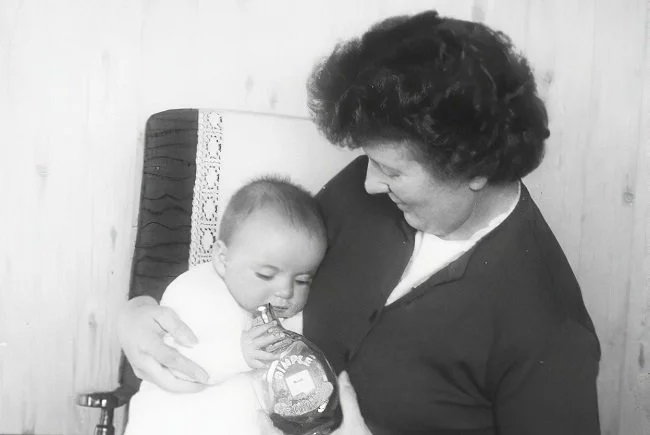Caring for the Elderly: Part 4
There comes a stage in most people’s life when they start reflecting upon their own mortality. Both my parents have survived two strokes each and are now in the late eighties. At this point in their lives healthcare has moved on from correcting or remedying problems, to instead being more about holding the line and maintaining the status quo. A safe home along with an orderly daily routine provides a stable environment, which broadly allows them both to maintain an adequate degree of independent living. However, both are very aware that their faculties and overall health are gradually diminishing. Neither are naïve or foolish enough to deny this and in recent months have been quite candid about what the future will entail. Simply put both my parents are aware that they are currently “running the last lap”, to use one of their phrases.
The UK culturally and socially, still struggles when it comes to discussing death and the associated practical arrangements that accompany it. I certainly think that it is a subject that we need to be more candid about and that people are made aware of the importance of having a will in place along with a life insurance policy or a pre-paid funeral plan. Youth is often sceptical of old age which can at times feel a “million years away”. As a result, many people find themselves having to deal with an additional layer of administrative work when an illness or bereavement occurs. Thankfully, both my parents are products of their generation and have adequate provisions already in place. However, something came up recently that wasn’t previously covered, so I took my Father to the Doctor today to address it.
Having survived two strokes and being left disabled as a result of them, my Father’s greatest concern is suffering another such attack and finding himself robbed of further abilities. He does not believe in life at all costs and has clear lines drawn in the sand with regard to the quality of his life. Thus, under UK law he can elect not to be resuscitated if his heart stops, giving him a degree of peace of mind. Such a decision has to be formally noted and so today we went to our local General Practitioners Surgery and completed the relevant paperwork. My Father was interviewed by a Doctor who was familiar with his medical history. He was also asked if he fully understood the consequences of such a request. Once the Doctor had established that he was competent to make such a decision, he signed off the formal notice, gave a summary of the scenarios in which it could be used and then bid us good day. The process took about fifteen minutes. The documents official title is “Do Not Attempt Cardiopulmonary Resuscitation”.
The reason this matter came up, is because my Father is going into respite care next week for a fortnight and the Nursing Home asked if he had a “living will” or DNR (Do Not Resuscitate) notice. The likelihood of him have a stroke or related medical problem are not that high at present but still present a risk. If such an incident did take place while he was in care, then the staff would by default immediately attempt to revive him unless specifically instructed to do otherwise. Under the circumstances my Father felt it important to have such a provision in place. He personally feels that UK legislation is actually lagging behind public opinion with regard to end of life care and wider issues and felt that this process at least provided him with some say over his future and gave him a degree of agency. As his son I believe it is incumbent upon me to respect and support his wishes, regardless of whether or not I reciprocate them.
The UK has an ageing population and during the course of my lifetime, life expectancy has increased substantially. Current government data indicates that life expectancy at birth has now reached 79.5 years for males and 83.1 years for females. This is good news if you are hale and hearty and financially sound. It’s not such a good proposition if your medical problems make day to day life an insufferable burden. Perhaps in twenty years’ time the legal landscape will be more accommodating towards peoples needs. In the meantime, I would urge readers to at least reflect upon this topic and consider what their respective choices would be. It is a tough subject and there’s a broad spectrum of opinions out there. However, it is not wise to ignore a problem simply because it is unsettling or upsetting. In the worse possible scenario, we could find ourselves in a situation where we would like a specific course of action to be carried out, only for it to be ignored due to the lack of appropriate “paperwork”. I find that a far more frightening prospect.


















